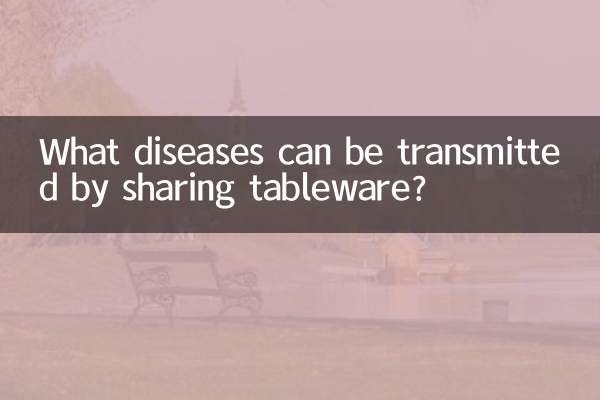When is the best time to eat: hot topics and scientific advice on the Internet in the past 10 days
Recently, the topic of eating time and health has once again become a hot topic on the Internet. From whether breakfast is compulsory to the dangers of late-night snacks, to the controversy over intermittent fasting, netizens’ attention to “when to eat” continues to rise. This article will combine the hot topic data of the past 10 days and sort out scientific suggestions to help you find the best time to eat.
1. Top 5 popular eating time topics on the Internet in the past 10 days

| Ranking | topic | heat index | Main points of dispute |
|---|---|---|---|
| 1 | The effectiveness of “16:8 intermittent fasting” has been questioned | 92,000 | Is it suitable for long-term implementation? |
| 2 | Do you want to have breakfast? | 78,000 | Individual differences and metabolic relationships |
| 3 | Does eating dinner after 19 o'clock cause cancer? | 65,000 | Reliability of research conclusions |
| 4 | The "golden eating period" 30 minutes after exercise | 53,000 | Timing of protein supplementation |
| 5 | The relationship between late-night snacks and sleep quality | 41,000 | Digestive burden and melatonin secretion |
2. Scientific advice: The best eating time in different scenarios
1. Breakfast: 7:00-9:00
Research shows that eating within 1-2 hours after waking up can stabilize blood sugar, but there is no need to force eating. The key is to choose high-protein (such as eggs) or low-GI foods (oats).
2. Lunch: 12:00-13:30
Human digestive enzymes are most active at noon, when 40% of the day's calories are most efficiently consumed. Avoid afternoon drowsiness caused by a high-fat diet.
3. Dinner: 18:00-19:30
A separation of more than 3 hours from sleep can reduce the risk of gastroesophageal reflux. There is no direct evidence for the controversial "carcinogenic" claim, but excessive eating does increase metabolic burden.
4. Suggestions on snack time
| scene | Recommended time | food type |
|---|---|---|
| after exercise | Within 30 minutes after exercise | Protein + fast carbs (such as banana + whey protein) |
| Night shift crowd | Eat a small amount before 23:00 | Easily digestible protein (yoghurt, tofu) |
3. Analysis of controversial topics
1. Is intermittent fasting scientific?
The latest study in the "American Journal of Clinical Nutrition" pointed out that the 16:8 fasting method resulted in an average weight loss of 2.5kg within 3 months, but 30% of participants developed symptoms of hypoglycemia. Diabetics are advised to use with caution.
2. The misunderstanding of “not eating after lunch”
Ancient health regimens need to be adapted in modern society. Long-term fasting in the afternoon may lead to overeating at night, which in turn increases the metabolic pressure on the liver.
4. Principles of personalized adjustment
Morning people can eat 1 hour earlier
Night workers are advised to adopt "segmented eating"
Diabetic patients need to strictly maintain meal intervals
Summary:There is no absolutely perfect eating schedule and it needs to be adjusted according to circadian rhythm, nature of work and individual metabolic differences. New research shows that keeping your daily eating times relatively consistent is more important than strictly following a certain "golden hour."

check the details

check the details